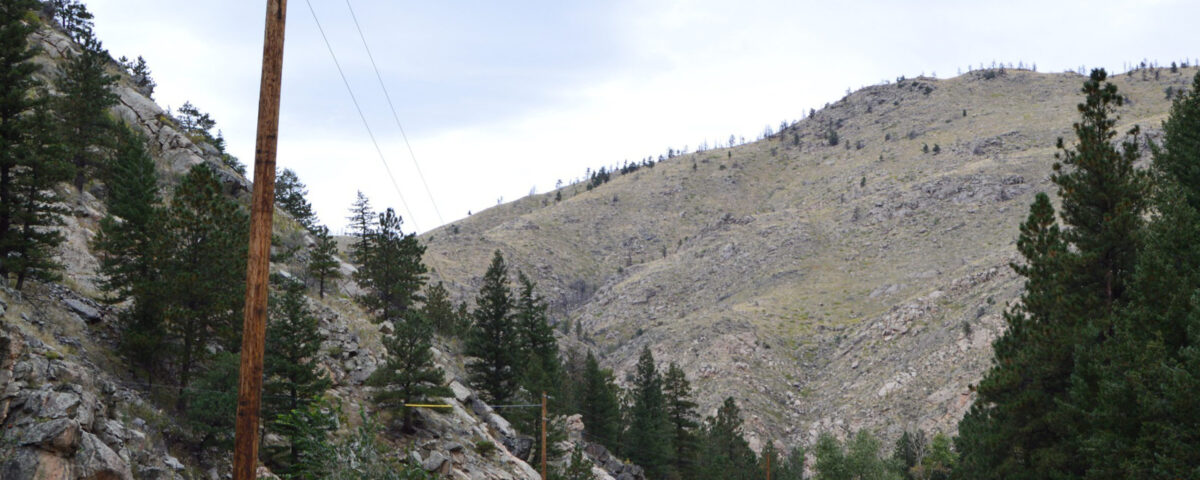
With warmer weather comes summer concerts, fun hikes, and days spent lounging by one of Colorado’s many lakes. But it also means severe thunderstorms and heavy hail that can form out of seemingly nowhere. If you’re caught in a thunderstorm, knowing how to stay safe from lightning both indoors and outdoors is a great first step. But what do you do if the power goes out? We’ve got you covered — check out some summer storm safety tips here.
Beating the heat is easy when you have the AC going, but if the power clicks off, a home can quickly warm up. If you’re looking to keep cool, be sure to dress in loose, lightweight clothing and stay in the coolest part of your home, which will typically be a room on the first floor. Opening a window can also help with airflow but be sure to not let rain in if it’s storming heavily outside. Closing drapes and blinds can also help keep any sunlight out. It’s also important for everyone in the home to stay well-hydrated. Be sure to drink plenty of water and avoid heavy meals, caffeinated drinks, alcohol, or overly salty foods.
It can be tempting to open the fridge and grab a cold treat or drink when it’s hot out, but if the power is out it for an extended period of time, you could be risking spoiling the rest of your perishable food. It’s best practice to keep your refrigerator and freezer closed as much as possible to help keep your food cold. In most cases, leaving your fridge closed should keep your food from spoiling, but if the power outage is going to last longer than 4 hours, it’s better to keep perishable items in a cooler of ice. For items in the freezer, as long as it stay closed, a full freezer can stay cool for 48 hours, and a half-full freezer can stay cool for 24 hours. If it comes down to it, you can safely prepare food on a barbecue grill, but be sure you’re grilling outside in an area that has proper ventilation.